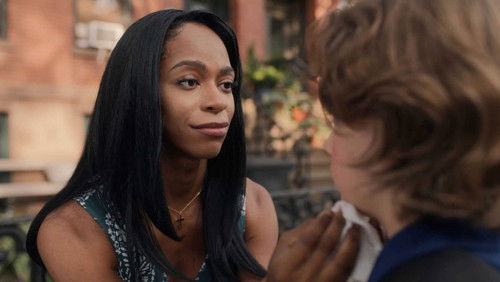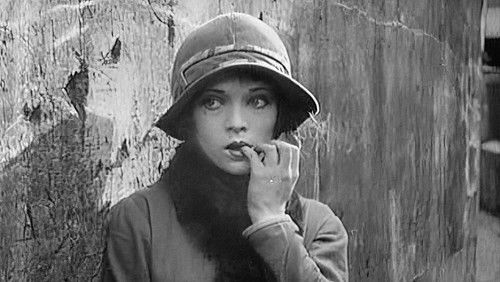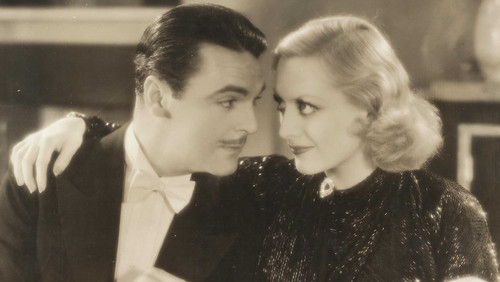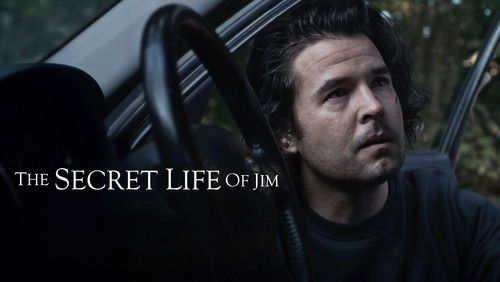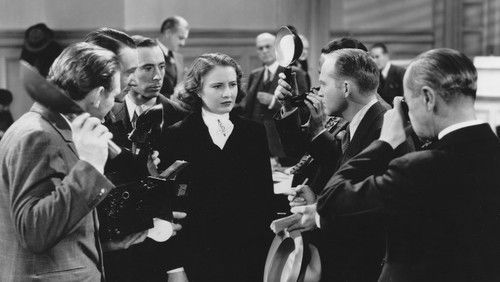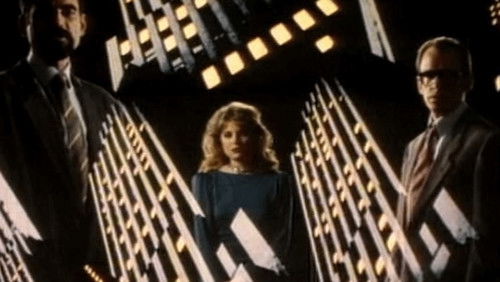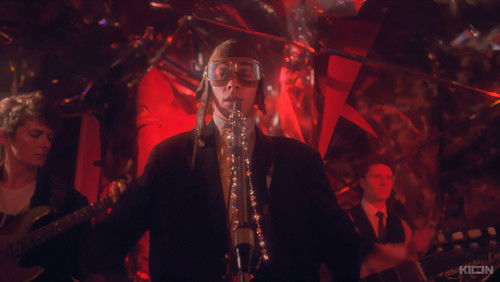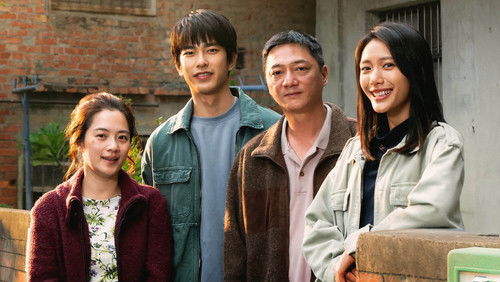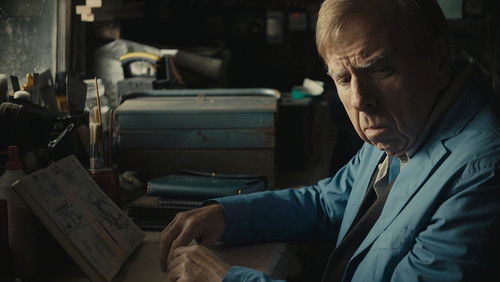El diputado (1978)
37KEl diputado (1978). 1h 50m | Unrated
“An undercover militant of a left-wing party , Roberto Orbea (José Sacristán) is elected as a Parliament member . But he is really homosexual who hires rent boys and teenage hustlers . Supposedly he falls in love with the last rent boy , Juanito Garcia (José Luis Alonso) , but the latter discovers himself passionately in love with the man he must betray . Then , Roberto starts bringing the young man into his family and the risks escalate . As his wife Carmen (María Luisa San José) to be aware and she decides sheu0026#39;s had enough pretending not to know and they foolishly embark on a threesome . But a group of ultra right-wing run by Carrés (Agustin González) attempts to blackmail him and to compromise the prominent politician as sexually as non-sexually , by means of his young lover , getting photographed extensively by the opposition . Things go wrong when Roberto is about to be elected Secretary General and ultimately happens the discovery of scandal . At the final point the film abruptly finishes . u003cbr/u003eu003cbr/u003eThis is a provoking story in which politics collide with gay underworld , forbidden loves , blackmail , treason , violence and murder . Shot a bit later on the events are developed and including apparition of prestigious politicians as Adolfo Suárez , Felipe Gonzalez , Manuel Fraga Iribarne , Santiago Carrillo from the troublesome period when the known ¨Spanish Transition¨ took place . Narrated by a long flashback and voice-in-off by the same protagonist Roberto/Sacristán , though there is an excessive pamphlet tone and communist propaganda . And as trivia , to expose that Enrique Tierno Galván , President of Popular Socialist Party , PSP , had a meeting with the Communist leader Santiago Carrillo to press De La Iglesia , famous communist militant , to impede Eloy to shoot this film , due to similarity on a case happened in his own party . It displays a complex , extreme and curious screenplay by Gonzalo Goicoechea and Eloy De La Iglesia , both of them collaborated extensively on various films . Nice acting by José Sacristán as a politician who has several trysts with very young rent boys and becomes involved with nasty blackmailers . Support cast are pretty good , such as Agustin Gonzalez , Enriqué Vivó , José Manuel Cervino , and finally Queta Claver and Angel Pardo , both of whom played in ¨La Corea¨ and Pardo in the same gay role as ¨Nes¨. In addition , filmmaker Juan Antonio Bardem as a communist inmate , in fact Bardem was imprisoned during the start of filming ¨Calle Mayor¨; as student protests in Madrid , led to the arrest of Bardem, a communist, in the city of Palencia , he was jailed for a few days and released on the condition that he could not talk about his personal life or beliefs during interviews related to the film .u003cbr/u003eu003cbr/u003eu0026quot;Confessions of a Congressmanu0026quot; or u0026quot;The Deputyu0026quot; -International titles- was regularly directed by Eloy De La Iglesia . Most his films dealt with sex including shots of nude males , homosexuality , politics and forbidden lovers . De La Iglesia was a notorious communist militant , drug addict and homosexual , these personal characteristics were widely shown in his films . Eloy was a talented Spanish movies director , he began working in cinema in 1966 , at his 22 years old , he debuted in a kiddies production , ¨Fantasy 3¨(66) . Following a sordid melodrama ¨Algo Amargo En La Boca¨ (67) and a boxing story , ¨Cuadrilatero¨(69) . De La Iglesia realizes a lot of thrilling pictures with erotic background as ¨Techo Cristal¨(70) , ¨Nadie Oyó Gritar¨ (72) , ¨Gota Sangre Para Seguir Amando¨ (73) , and scabrous tales as ¨Juegos Amor Prohibido¨(75) , ¨Otra Alcoba¨ (76) . And concerning youthful gay : ¨Placeres Ocultos¨(76) , ¨El Sacerdote¨(78) and politicians : ¨The Deputy ¨, ¨Mujer Del Ministro¨ . Although he became notorious in the years of the Spanish transition to democracy with shocking and polemic films as ¨El Pico 1¨ and 2¨ , ¨Cólegas¨ , ¨Navajeros¨, ¨La Estanquera De Vallecas¨ (87) . All of them dealt with druggies , dope sellers , delinquency , terrorism , underworld suburban and generational problems are the habitual subjects in his films , and specially dedicated to the underworld of heroin ; as well as the gay world . Passing of time hasnu0026#39;t had mercy with most of those movies , but they represented a time and a way of life in the history of Spain ; and now they may seem a little bit naive . His last films were an academic rendition based on Henry Jamesu0026#39; novel : ¨The turn of the screw¨ and ¨Los Novios Búlgaros¨.”
